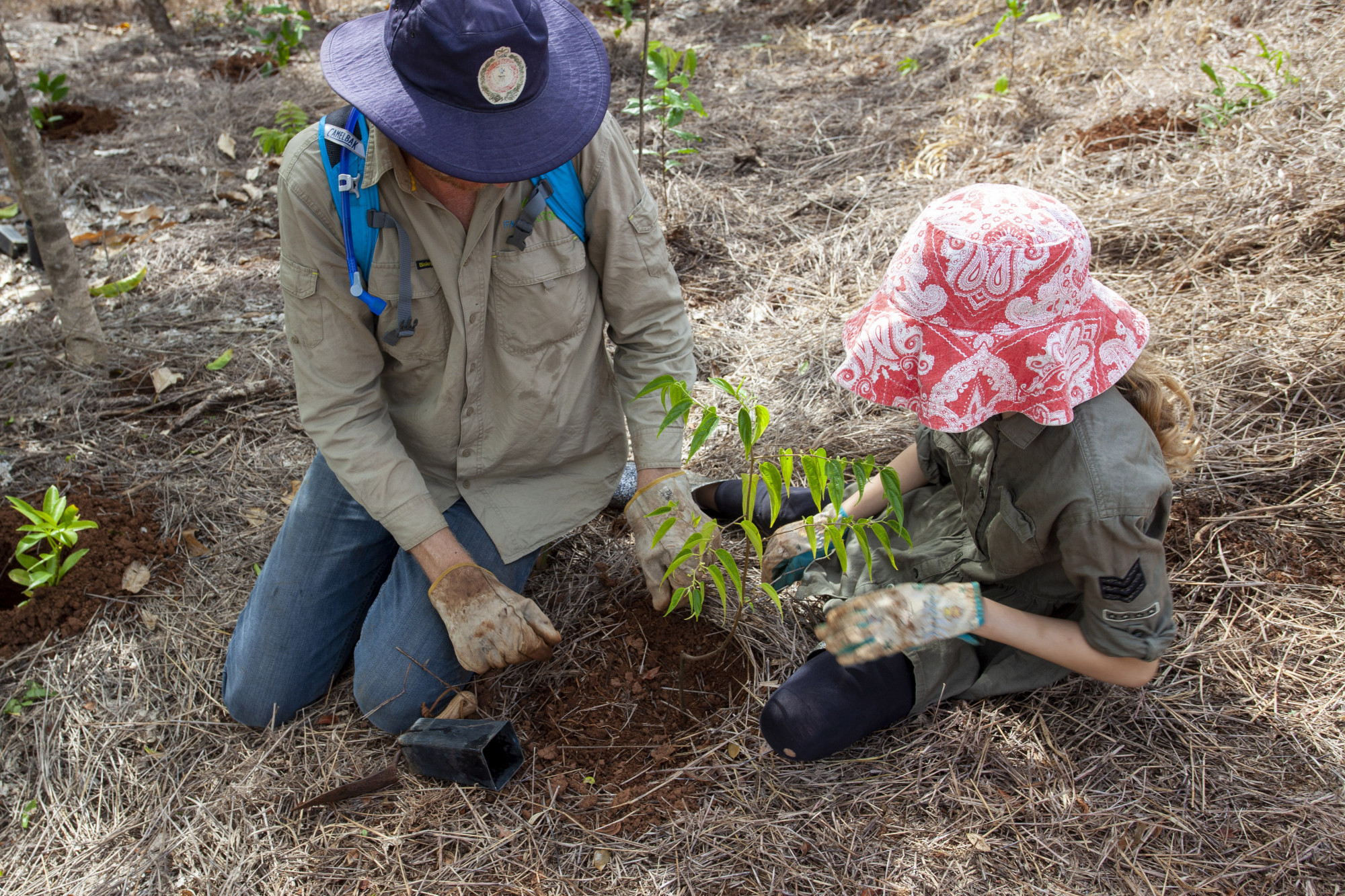Community & Business
24 March, 2021
Wet Tropics in decline
A WARNING bell has been sounded as Australian scientists caution that important ecosystems like the wet tropics rainforest and Great Barrier Reef are on the verge of collapse.

A WARNING bell has been sounded as Australian scientists caution that important ecosystems like the wet tropics rainforest and Great Barrier Reef are on the verge of collapse.
The stark reminder comes as part of a collective report compiled by 38 scientists from differing Australian universities and government agencies.
The Global Change Biology report documented the collapse of 19 Australian ecosystems from coral reefs, deserts, river systems, tropical savannas and even our wet tropics rainforests.
Professor Euan Ritchie from Deakin University who worked on the report, said that there has been major environmental degradation in parts of Queensland tropical rainforests.
“Queensland’s wet tropics rainforests are a biodiversity hotspot, many of the species in this region are found nowhere else on Earth,” he said.
The report points out that within the wet tropics the populations of many native rainforest species are in decline.
“Unique species like lemuroid ringtail possums were once common but are now increasingly rare and facing extinction,” Professor Ritchie said.
“Studies have documented species moving to higher elevations as temperature increases, but eventually they reach the top with increasingly small amounts of habitat available and nowhere else to go.”
These claims are further supported by local environmental group, the Wet Tropics Management Authority (WTMA).
WTMA’s mission is to protect, conserve, present, rehabilitate and pass on the World Heritage Area for future generations, the wet tropics rainforest, is part of this mission.
Executive Director of WTMA Scott Buchanan has observed the decline of the wet tropics and its native plant and wildlife. “Historically the wet tropics ecosystem has been altered by human activity and more recently the cumulative impacts of climate change are becoming more evident,” he said.
“Reduction and fragmenting of habitats results in ‘islands’ forming that limit populations of different species to small areas, climate change is seeing a warming of the wet tropics region as well as stressing habitats.
“These variations can change aspects of the Area’s composition that can result in local extinctions of certain species.”
Professor Steve Williams from James Cook University has been researching the iconic, endemic rainforest ringtail possums of the Wet Tropics World Heritage Area for over two decades.
These rare possums are primarily restricted to the higher elevations across the Wet Tropics and models suggest that they could face extinction by the end of this century.
Currently the WTMA is working hard to continually repair and expand these ‘habitat island’ through many different strategies and programs.
As of January 2021, the WTMA started delivering $2.5M of the Queensland Government’s Reef Assist Program, facilitating community tree planting groups to grow forest corridors to connect these ‘habitat islands.”



